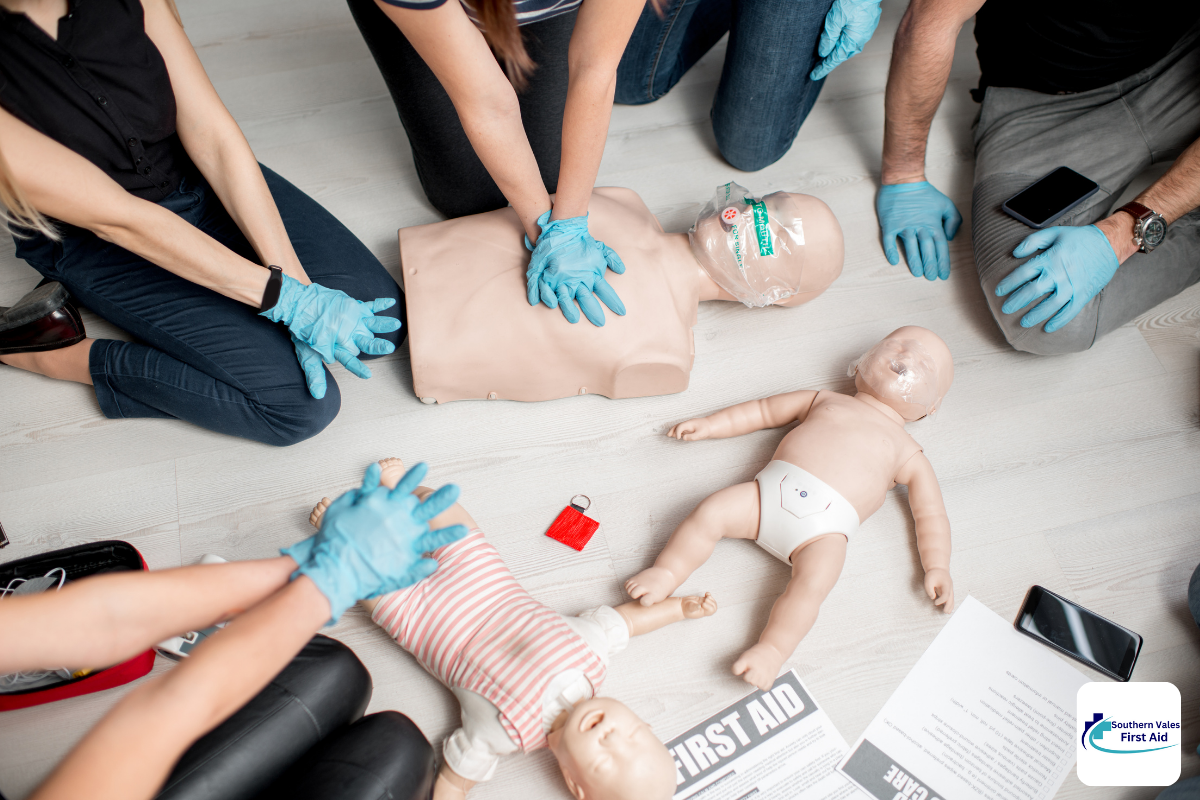First aid refers to the immediate care provided to an individual who has sustained an injury or is in sudden ill health. This care is given before professional medical help can be obtained. The primary objective of first aid is to stabilize the person’s condition, prevent the situation from worsening, and promote recovery. It can involve a wide range of actions from simple wound cleaning and bandaging to performing CPR (Cardiopulmonary Resuscitation) or using an AED (Automated External Defibrillator).
The importance of first aid cannot be overstated. Firstly, it can save lives. In critical situations, such as cardiac arrest or severe bleeding, immediate intervention can mean the difference between life and death. Secondly, first aid helps prevent further harm. For example, properly immobilizing a broken limb can prevent additional injury. Thirdly, first aid can alleviate pain and reduce the risk of infection, making the injured person more comfortable and less prone to complications.
Moreover, first aid can promote quicker recovery. By addressing minor injuries promptly and effectively, the need for extensive medical treatment can sometimes be avoided. Additionally, being trained in first aid empowers individuals, giving them the confidence and skills to handle emergencies effectively. This knowledge fosters a sense of safety and preparedness in communities, reducing panic and ensuring a more organized response to accidents and sudden health issues.
In summary, first aid is a crucial skill set that enhances the ability to respond to emergencies, safeguards health, and saves lives, highlighting its vital role in personal and public safety.
